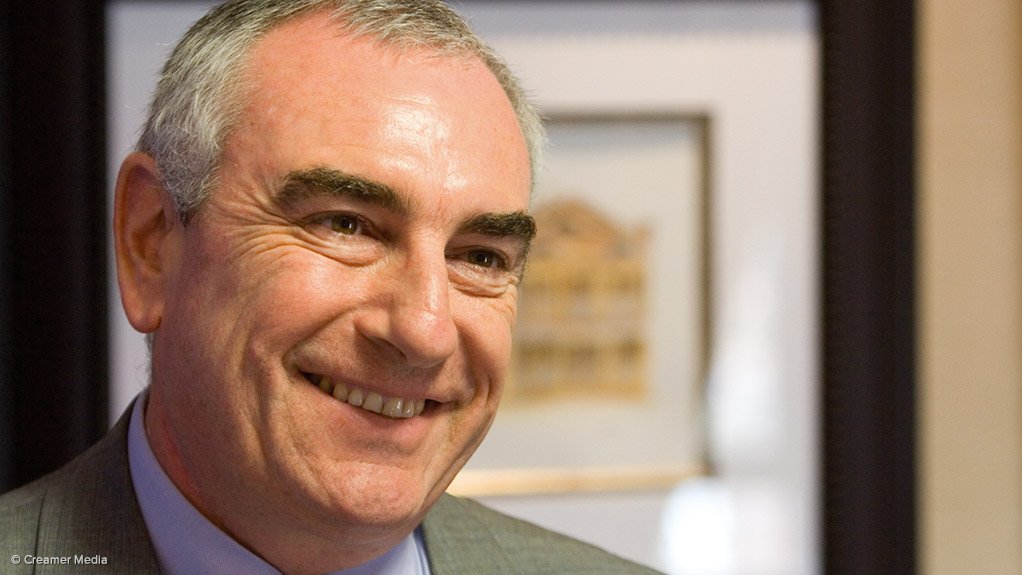The executive chairperson of the Global Electricity Initiative (GEI) says 2015 will go down in history as a “big turning point” for the energy industry, after governments agreed in Paris to limit the rise in global temperatures to 1.5 °C above pre-industrial levels and to transition to net zero global emissions by the end of the century.
Philippe Joubert tells Engineering News Online that these commitments are not only “drastic”, but have profound implications for the structure of the energy sector and future investments.
“Getting rid of emissions doesn’t mean getting rid of fossil fuels. But it means that we have to find a way either to capture the carbon dioxide, or to compensate for these emissions. And this will drastically change the whole world,” the former Alstom Power president explained during a recent visit to South Africa.
The increasing buy-in from business is particularly significant, with executives beginning to move from “denial to action”.
Banks and insurers are becoming concerned not only about the financial risks associated with extreme-weather events and with insuring traditional energy assets, but also about the reputational and financial risks associated with a failure to “decarbonise” their portfolios.
“What is really changing is that the financial market is now nervous, and when the financial market is nervous, things happen quickly.”
Utilities and energy companies, meanwhile, are already reporting the negative effects of climate change on certain assets and are finally beginning to grasp that “nature will no longer be able to be treated as a free and unlimited resource” when pursuing future energy investments.
Business also increasingly accepts the need for a “meaningful” carbon price, although most would prefer it to be set by the market rather than through a tax.
The changes will also have dramatic implications for technology choices, with Joubert expecting major developments in the areas of energy efficiency, microgrids and energy storage. He also believes that increasing priority will be given to technologies that are far less water intensive.
However, non-carbon baseload investments will still be required, which will probably take the form of nuclear, hydropower and even coal with carbon capture and storage.
Utilities will have to be reinvented, as the traditional business model comes under increasing strain.
Joubert believes governments will need to play a major role in managing the transition, with particular sensitivity required in “taking care of the losers”.
“You don’t make the wind, you have to sail the boats. And the winds are clearly pointing in the direction of a new business model for the energy industry,” Joubert argues.
EMAIL THIS ARTICLE SAVE THIS ARTICLE
To subscribe email subscriptions@creamermedia.co.za or click here
To advertise email advertising@creamermedia.co.za or click here











